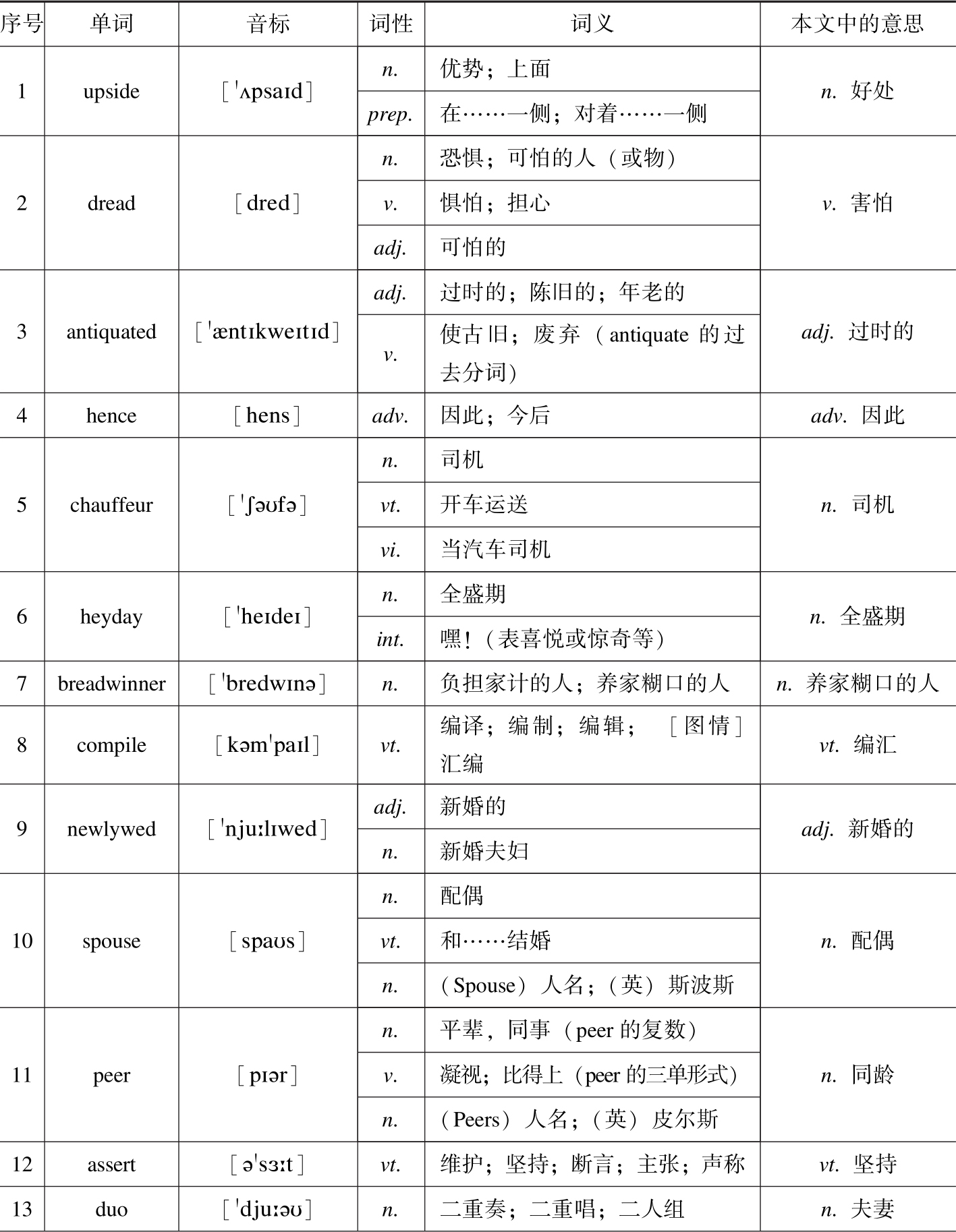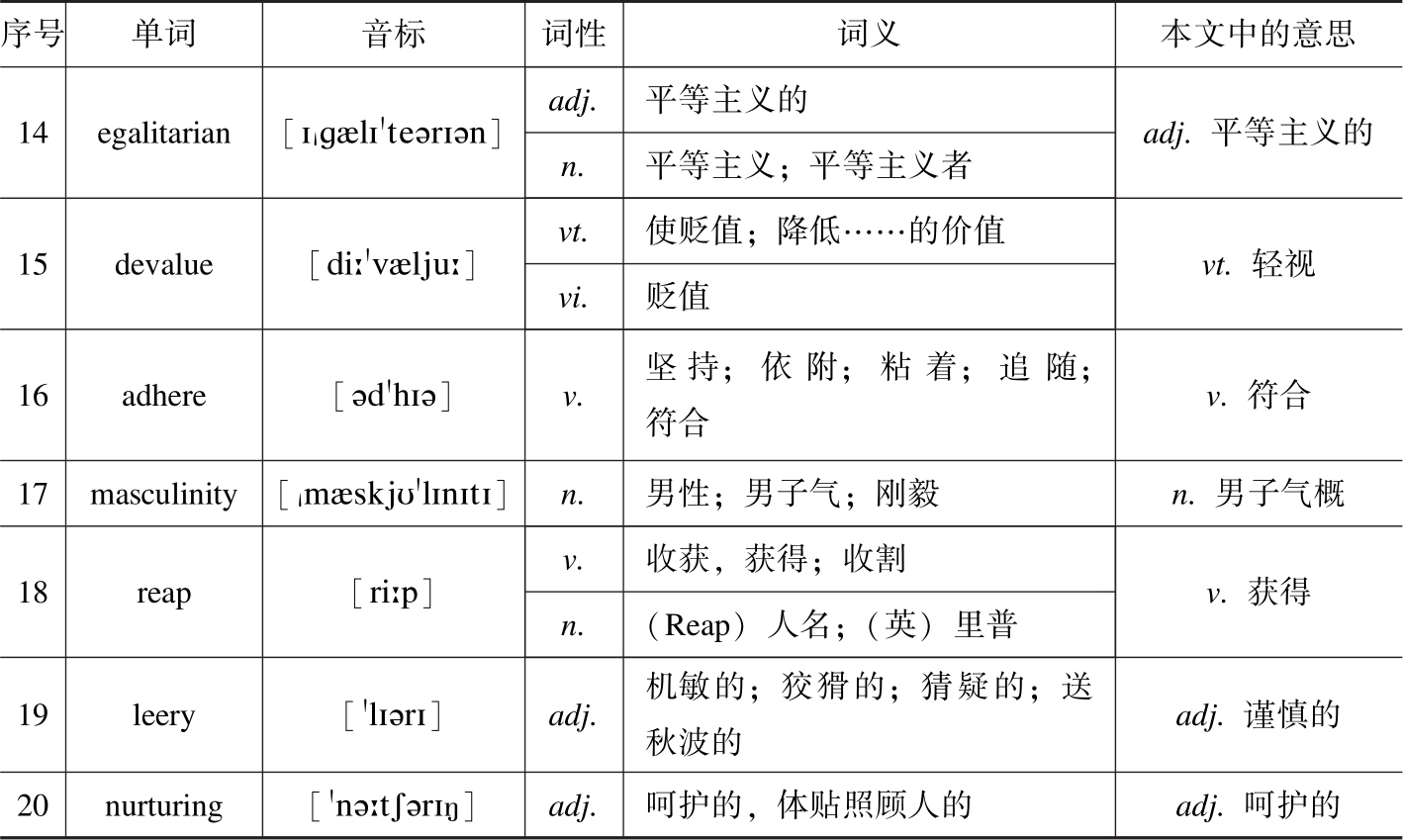




By Sonya Rhodes 1
Today, a successful single woman who falls for a man making less money than she does or not sharing her career ambition may face not-so-subtle disapproval from friends and family. One patient of mine reported being told,“I'm surprised you haven't found someone who is more your equal.”Another felt insulted when a trusted friend asked,“Are you sure you wouldn't be happier with a man who is making more money than you?”
These women were in love with solid, supportive guys who shared their values—men who weren't driven by money. They dreaded the concerned whispers from friends or family who persisted in believing that they were“marrying down.”
As a couples therapist, the notion of marrying down strikes me as impossibly antiquated. It's right out of the“Downton Abbey” 2 era, when suitable marriages were entirely a matter of matching people according to social class and fortune—hence the panic when Lord Grantham's youngest daughter marries the family's Irish chauffeur.
The notion that women should“marry up”endured well past the heyday of the English gentry, and the most successful breadwinners were considered the most desirable mates. Well into the 20th century, relatively few high-paying jobs were available to women, so for the most part, women went to college to get their M. R. S., or maybe to land the kind of work that would put them near the right professional men.
Today, more women than men are graduating from college and graduate school. Pew Research, which has been compiling data on the topic over the past 50 years, reports that for the first time,“the share of couples in which the wife is the one‘marrying down’educationally is higher than those in which the husband has more education.” 3 In 2012, the report notes, 27% of newlywed women married a spouse with less education, while only 15% of newlywed men did the same.
More education doesn't necessarily lead to greater earning power, but in most U. S. cities, single, childless women under 30 now make more money than their male peers, according to analysis by Reach Advisors, a research firm. Across all social classes, women contribute 47% of household income, reports the Carsey Institute at the University of New Hampshire. And most strikingly, Pew has found that in 24% of marriages, women earn more than their husbands, up from 6.2% in 1960.
For most strong, successful women, the alpha male of old isn't the best match. I have seen in my practice what happens when two dominant personalities engage in power struggles: The alpha male will assume that his priorities should dominate, while the alpha woman will assert hers. These are the most difficult duos to treat.
Over the past 30 years, says Stephanie Coontz, director of public education at the Council on Contemporary Families at the University of Chicago,“egalitarian values have become increasingly important to relationship success.”Confident, dominant women need collaborative partners more than they need traditional breadwinners. They need men who aren't threatened by their strength and will support their goals.
These men are secure enough to follow as well as lead. They value partnership, parenting and pulling their own weight. They work but aren't workaholics. The problem is family members and friends who sometimes devalue such men because they don't adhere to traditional standards of masculinity—standards that should no longer apply.
What high-achieving women need are men strong enough to support their achievements, contribute to the household in services and/or money, and be loving partners. A strong woman will reap the benefit of this kind of respectful, responsible beta man; he will be more flexible, more nurturing and more willing to share the responsibilities of family life.
Attitudes are slowly changing. According to Pew, only 28% of respondents agreed that it is“generally better for a marriage if the husband earns more than the wife.”But we still have a long way to go: Economists at the University of Chicago School of Business found in 2013 that women are leery of making more than their husbands do and may even choose to stay out of the workplace if they think they're in danger of earning more than their husbands.
Today's romances suggest that growing numbers of smart women and men are marrying neither up nor down—they're just marrying the right person.
1. Sonya Rhodes: Dr. Sonya Rhodes is a psychotherapist and expert on marital and family relationships. Having received her Ph.D. from Columbia University, she is the co-author of four books: SURVIVING FAMILY LIFE; COLD FEET: WHY MEN DON'T COMMIT; and SECOND HONEYMOON: THE MID-LIFE MARRIAGE. Her next book, co-authored with Susan Schneider, The Alpha Woman Meets Her Match: How Strong Women Can Find Love, Success and Happiness Without Settling (William Morrow), publishes on April 15, 2014. Dr. Rhodes has held part-time faculty positions at Columbia University, Hunter College, and New York Medical College. She lives in New York City with her husband, where she has a private practice specializing in couples therapy. 桑娅·罗兹是一位精神治疗医师、婚姻和家庭关系的专家。在获得哥伦比亚大学博士学位时,她已是四本书的作者:《幸存的家庭生活》《临阵退缩:为什么男人不承诺》以及《第二次蜜月:中年婚姻》。她的另一本书,与苏珊·施耐德合著的,《大女子主义者遇见她的另一半:当代女强人如何能不弃事业而找到爱与幸福》(威廉·莫罗),出版于2014年4月15日。罗兹博士在哥伦比亚大学、纽约亨特学院和医学院担任兼职教师的职位。她和她的丈夫住在纽约,在那里她有一个专门从事夫妻关系治疗的私人诊所。
2. Downton Abbey:《唐顿庄园》,是由英国ITV电视台出品的时代剧。背景设定在20世纪10年代英王乔治五世在位时约克郡一个虚构的庄园——唐顿庄园。故事开始于格兰瑟姆伯爵一家由家产继承问题而引发的种种纠葛,呈现了英国上层贵族与其仆人们在森严的等级制度下的人间百态。
3. Pew Research, which has been compiling data on the topic over the past 50 years, reports that for the first time,“the share of couples in which the wife is the one‘marrying down’educationally is higher than those in which the husband has more education.”皮尤研究中心在过去的50年间一直在搜集编汇与该主题相关的数据。其报告称,“有史以来第一次出现‘妻高夫低’的婚姻比例超过了‘夫高妻低’的婚姻比例——前者指妻子学历更高而委身‘下嫁’的情况,后者则指丈夫学历更高。”

续表

marry down 下嫁
fall for 爱上,迷恋
career ambition 事业进取心
not-so-subtle disapproval 明确的反对
be in love with sb./sth. 爱上了某人/某物,与某人谈恋爱
a solid and supportive person 踏实可靠的人
be driven by 被……所驱使
persist in 坚持;固执于
social class 社会地位,社会阶级
marry up 上嫁,高攀结婚
the heyday of… ……的全盛期
desirable mates 如意伴侣
be available to sb. 对某人来说可以使用的/可得到的
newlywed couple 新婚夫妇
earning power 挣钱能力
high-achieving women 事业有成的女人
household income [经]家庭收入,家庭总入息,住户收入
the alpha male 大男子主义的男性
beta man 暖男
the best match 最般配的人
dominant personalities 支配性人格
engage in 从事于(参加),卷入
power struggles 权力之争
the alpha woman 大女子主义的女性
Council on Contemporary Families 现代家庭理事会
egalitarian values 平等价值观
collaborative partners 合作的伴侣
pull one's own weight 尽到自己的责任
adhere to 达到,遵循,符合
reap the benefit of/from 从……得到好处,受益
share the responsibilities of family life 承担家庭生活的责任
stay out of the workplace 不去工作
marry the right person 嫁合适的人,嫁对人
1. What is the response of“marry down”from friends or family?
2. What are the reasons for the heyday of“marry up”in the past?
3. What are the reasons for more high-achieving women?
4. What are the upsides of“marry down”?
5. In the author's opinion, what is the golden rule for the selection of a partner?
1. If you are a woman, will you choose to marry down? Why or why not?
2. What do you think about masculinity?
3. What is your opinion of high-achieving women?
4. In your opinion, how can couples contribute to the housework properly in modern society?
5. What do you think about the standard of a right person to marry?
The notion that women should‘marry up’endured well past the heyday of the English gentry, and the most successful breadwinners were considered the most desirable mates. Well into the 20th century, relatively few high-paying jobs were available to women, so for the most part, women went to college to get their M. R. S., or maybe to land the kind of work that would put them near the right professional men.
1. 如今,成功单身女性爱上一位挣得比自己少或没有跟她同等事业进取心的男人,可能会遭到来自亲朋好友的明确反对。
2. 现今的爱情故事表明,越来越多的聪慧女性和睿智男性都不是“下嫁”,也不是“上嫁”——他们只是选择了合适的人结婚。
3. 受教育程度更高并不意味着很会赚钱,但据一家研究公司的分析表明,在美国的大多数城市,单身无子、年龄在30岁以下的女性比同龄男性挣得更多。
4. 建树颇高的女性所需要的,是男性可以足够强大到去支持她们取得成就,在服务或金钱方面也能对整个家庭有所贡献,而且得是一位充满爱意的伴侣。
5. 但问题是,亲朋好友有时会看不起这样的男人,因为他们无法达到传统的男子气概标准——这种标准应该已经不再适用于今天了。
A. persisted in
B. engage in
C. a solid and supportive person
D. earning power
E. alpha men
F. collaborative partners
G. reap the benefit
H. adhere to
I. the best match
J. strikes…as
1. They dreaded the concerned whispers from friends or family who___________believing that they were' marrying down.
2. As a couples therapist, the notion of marrying down____________me___________impossibly antiquated.
3. The beta men do not seem to____________the traditional sense of masculinity, but they value partnership, parenting and pulling their own weight.
4. More education does not necessarily lead to greater____________.
5. ____________men seem to be more likely to win the hearts of the high-achieving women.
6. I have seen in my practice what happens when two dominant personalities___________power struggles: The alpha male will assume that his priorities should dominate, while the alpha woman will assert hers.
7. Confident, dominant women need____________more than they need traditional breadwinners.
8. The____________. will assume that his priorities should dominate, making the marriage life less desirable.
9. A strong woman will_____________of this kind of respectful, responsible beta man because he will be more flexible, more nurturing and more willing to share the responsibilities of family life.
10. For most strong, successful women, the alpha male of old isn't___________.